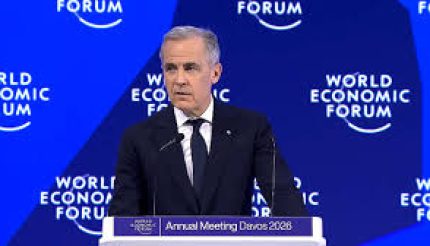Budget 2025: How Smart Business Owners Are Preparing for Rising Costs
With the Autumn Budget landing on November 26th and speculation mounting about potential tax rises, many business owners across Britain are feeling understandably anxious. After months of rising costs—from increased National Insurance contributions to higher minimum wage bills—the prospect of further financial pressure feels daunting.
But here’s the reality: whilst you cannot control government policy, you absolutely can control how your business responds to it.
Stop Reacting, Start Preparing
The businesses that will thrive through this budget cycle aren’t the ones hoping for the best—they’re the ones actively stress-testing their numbers right now. Whatever changes emerge on November 26th, from potential adjustments to business rates to modifications in capital gains tax or VAT thresholds, having a clear financial picture means you can respond strategically rather than reactively.
Review your profit margins across all product lines and service offerings. Which areas of your business genuinely drive profitability, and which are simply consuming resources? Rising costs often expose weaknesses that successful periods mask. This budget cycle creates the perfect catalyst for honest evaluation.
Once you have done the evaluation, re-visit after the Budget and check your assumptions are still valid and modify if not.
Efficiency Becomes Your Competitive Advantage
When costs rise across the board, operational efficiency separates survivors from thrivers. The businesses already running lean, systemised operations will absorb cost increases far more effectively than those still operating inefficiently.
Take a hard look at your processes. Where are you duplicating effort? Which tasks consume disproportionate time for limited return? What could be automated, eliminated, or delegated more effectively? Every hour of wasted productivity now translates directly into reduced profitability when costs increase.
This isn’t about working harder—it’s about identifying and eliminating the activities that don’t genuinely contribute to your bottom line. Many owner-managers discover they’re spending 40% of their time on tasks that could be streamlined or reassigned entirely.
We know AI is a thing now and will play a part in this, however I saw a comment recently that when businesses look for efficiency gains, 90% of them can be achieved by using existing technology more effectively – now is not the time for ostriches – Lean into it as Stephen Bartlett encourages.
Pricing Strategy Cannot Wait
If you haven’t reviewed your pricing recently, the budget provides the perfect impetus. Waiting until after cost increases hit means playing catch-up whilst your margins erode. Smart businesses are reviewing pricing structures now and preparing clients for necessary adjustments.
Remember, you’re not the only business facing rising costs. Your competitors face identical pressures. The question isn’t whether to adjust pricing—it’s how to communicate value whilst implementing necessary changes. Clients understand cost pressures; they appreciate transparency and advance notice far more than surprise price hikes implemented under duress.
Cash Flow Becomes Critical
Whatever the budget brings, strong cash flow provides options. Businesses with healthy cash positions can weather uncertainty, seize opportunities, and make strategic decisions from a position of strength rather than desperation.
Review your debtor days. Are clients paying promptly? Could you incentivise faster payment without damaging relationships? What about your creditor terms—are you optimising payment timing without harming supplier relationships? Small improvements in cash conversion can create significant financial breathing room.
Investment Decisions Need Scrutiny
In uncertain times, the temptation is to freeze all spending. Yet strategic investment often becomes more valuable, not less. The key is distinguishing between productive investments that improve efficiency or profitability versus discretionary spending that can genuinely wait.
Capital allowances, R&D reliefs, and other business incentives may shift in the budget. Understanding which investments qualify for tax relief before potential changes means making informed decisions rather than rushed ones.
Your Biggest Asset Is Clarity
The businesses that successfully navigate this budget period won’t necessarily be those with the largest reserves or highest revenues—they’ll be those with absolute clarity about their numbers, their operations, and their strategic priorities.
Budget uncertainty creates competitive advantage for prepared businesses. Whilst others panic or freeze, you can make confident, informed decisions based on solid data and clear strategy.
Ready to pressure-test your business before the budget hits? E-mail on rogerpemberton@actioncoach.com to book a complimentary consultation to identify your most vulnerable cost areas and develop a strategic response plan.






